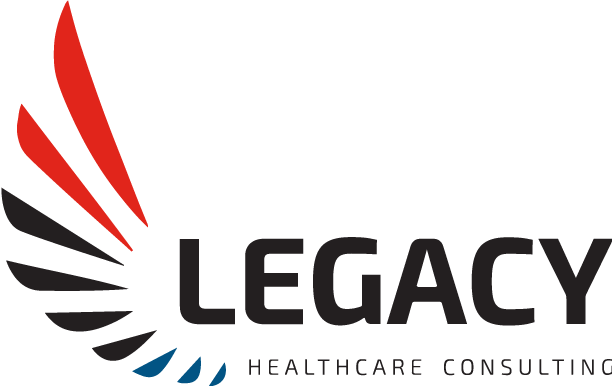Ep. 45 – August Current Events
Unpacking the Latest in Post-Acute Care Regulations
Welcome to the latest episode of Pillar Talk, where we dive deep into current events affecting the post-acute care sector. Buckle up, because today we’re exploring some hefty regulatory shifts and their potential impacts.
CMS Expands Civil Monetary Penalties (CMPs): A Double-Edged Sword
Our first discussion revolves around a significant update from the Centers for Medicare & Medicaid Services (CMS). Starting next year, CMS will expand the reach of civil monetary penalties (CMPs) for skilled nursing facilities. This move extends the government’s power to impose fines for violations, a measure CMS argues will foster greater consistency and uniformity in care standards. However, this expanded authority could exacerbate the already strained resources of nursing homes, which have been grappling with financial and operational pressures intensified by the pandemic.
The expansion of CMPs comes on the heels of the recent final rule from CMS, which, while promising Medicare rate increases, also introduces stringent staffing mandates. The latter, unfortunately, eclipses the benefits of increased rates, as the financial burden of meeting these staffing requirements significantly outweighs the revenue boost from rate increases. The result? More stress on an already overburdened sector without a clear path to improved care quality.
A Critical Look at Medicare Advantage Overbilling
Switching gears, we address a concerning development involving Medicare Advantage plans. Recently, reports have surfaced about the federal government’s retraction of a proposed rule designed to curb overbilling by insurers. This rule, initially drafted in 2014, aimed to require health plans to refund the government for overpayments. However, due to intense lobbying and pushback from major insurers like UnitedHealthCare, this rule was quietly dropped.
The implications of this are troubling. The government’s retreat from enforcing this rule has allowed insurers to retain funds that should have been returned, raising questions about accountability and transparency. UnitedHealthCare, in particular, is under scrutiny for allegedly engaging in practices to inflate their billings and maximize profits at the expense of taxpayers. The Justice Department’s civil fraud case against the insurer highlights a broader issue of potential fraud within the Medicare Advantage system, emphasizing the need for rigorous oversight.
The Bigger Picture: Navigating a Tumultuous Regulatory Landscape
These developments underscore the complexity and challenges facing the post-acute care sector. As regulations evolve and enforcement measures tighten, operators must stay vigilant and adaptable. The current regulatory environment, marked by increased scrutiny and financial pressures, calls for a proactive approach to navigating these changes and advocating for more effective solutions.
Stay informed by visiting our website, where you’ll find links to all the articles discussed in this episode. Your engagement and feedback are crucial as we collectively navigate these turbulent waters and strive for improvements in care quality.
As always, we value your thoughts and encourage you to share your perspectives. Together, we can continue to push for better outcomes and a more supportive regulatory framework for the post-acute care community.
Resources mentioned in this episode:
- CMS Entrenching ‘Old Covid Scars’ With Expansion of Civil Monetary Penalties, Starving Nursing Homes of Much-Needed Resources – Skilled Nursing News
- Ep. 20 – Post-Acute Current Events
- Feds killed plan to curb Medicare Advantage overbilling after insurers’ opposition (mcknights.com)
- Nursing Homes Post Job Growth, Higher Wages Amid Expanding Health Sector – Skilled Nursing News
